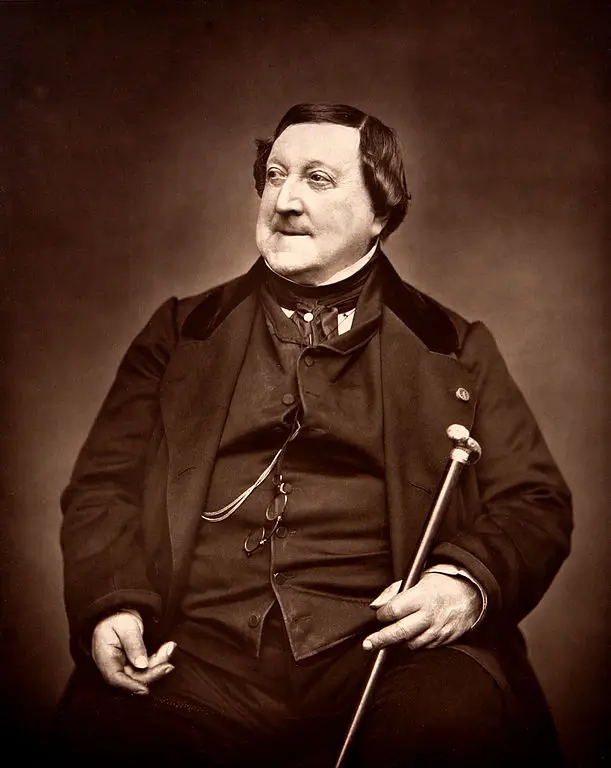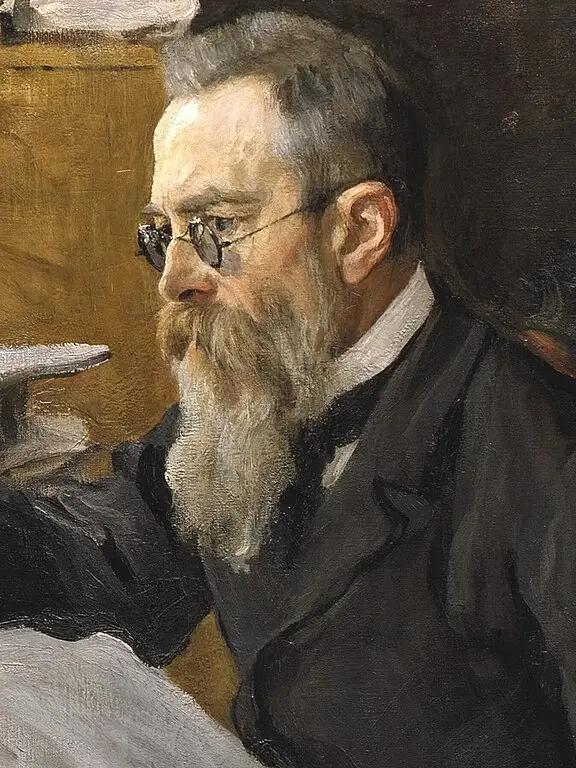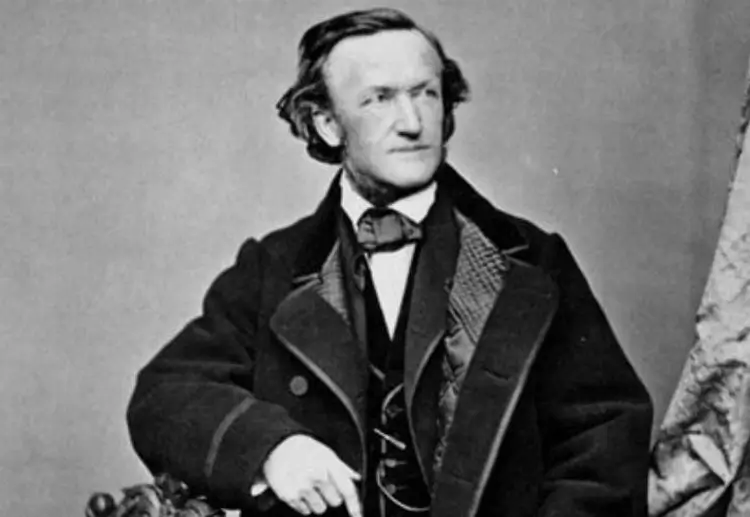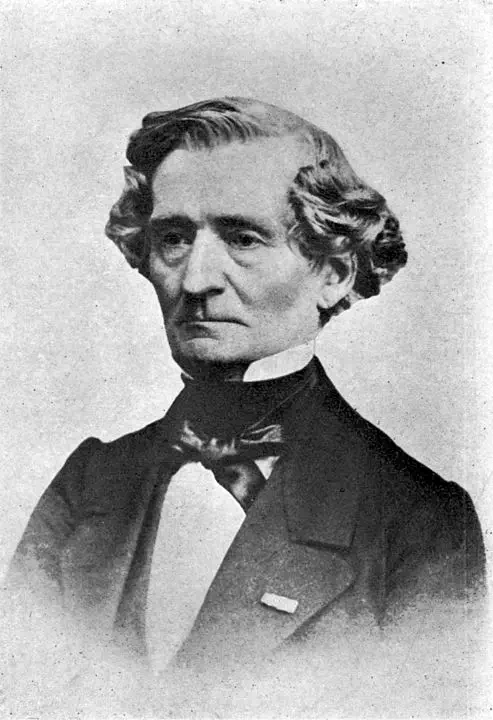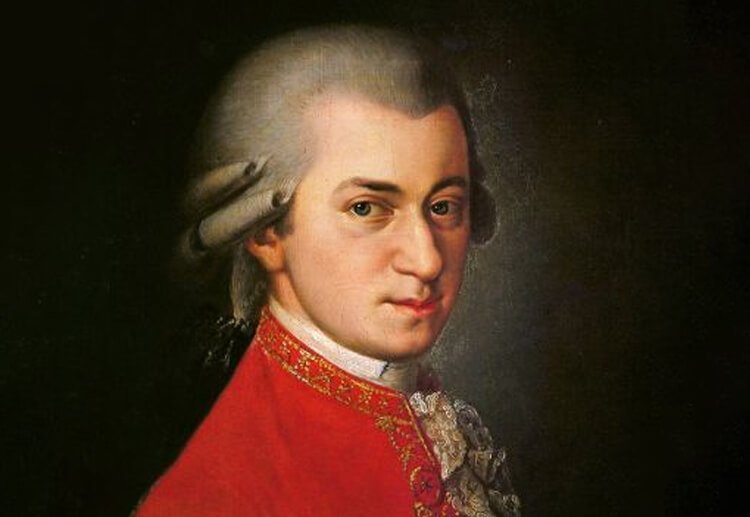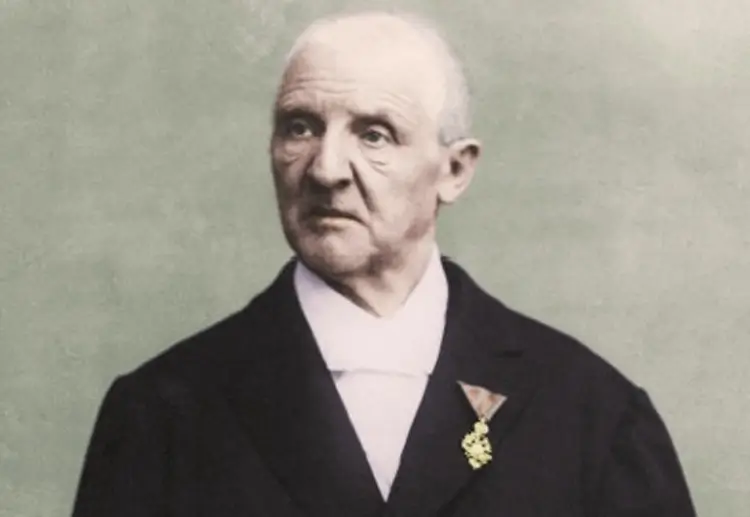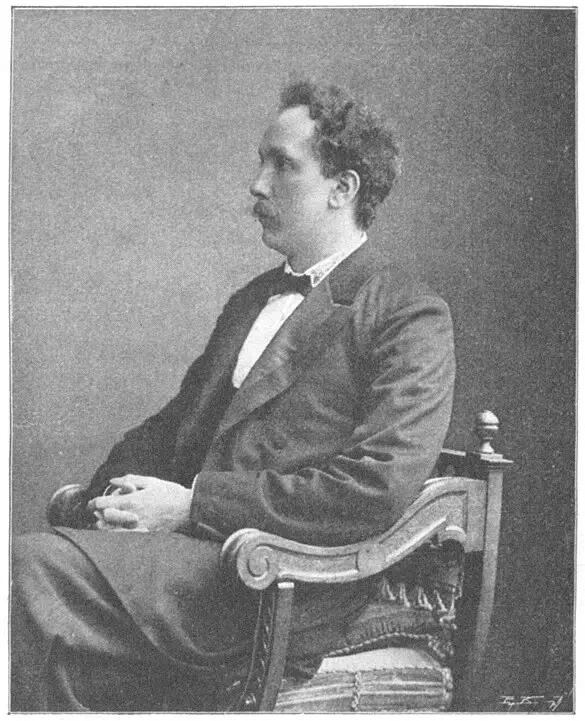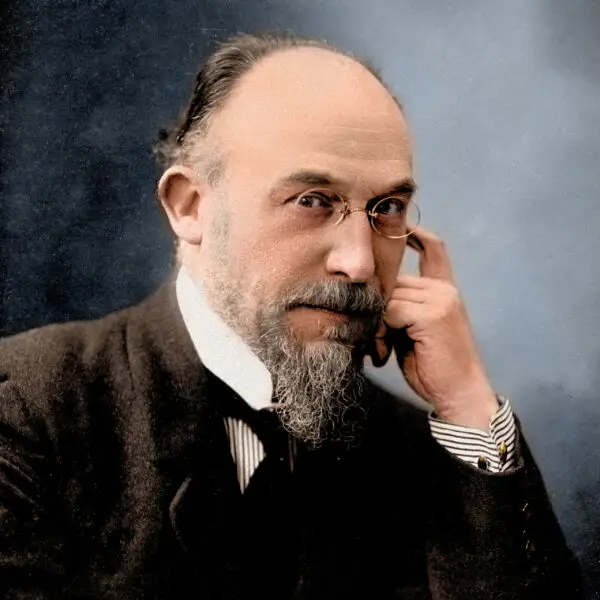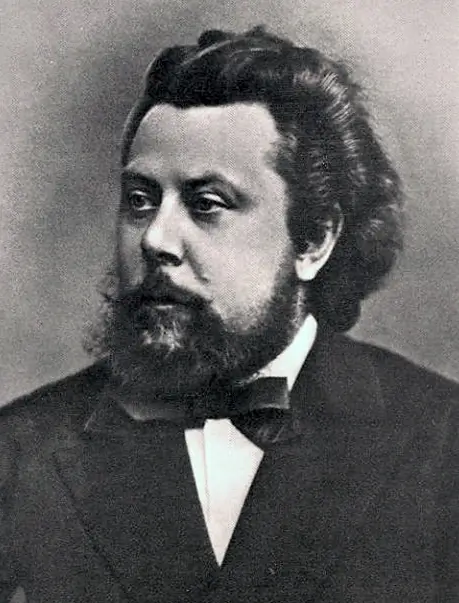Introduction
Gioachino Antonio Rossini, a name synonymous with Italian opera, revolutionized the world of classical music with his extraordinary talent and innovative compositions. Born on February 29, 1792, in Pesaro, Italy, Rossini’s works have transcended time, influencing generations of musicians and composers. Known for his charming melodies and complex musical techniques, Rossini’s operas are celebrated for their lyrical beauty and dynamic orchestration. His ability to blend drama with musical ingenuity made him a pivotal figure in the development of Romantic music.
Early Life
Rossini was born into a musical family; his father, Giuseppe, played the horn and his mother, Anna, was a singer. This environment nurtured his musical talents from a young age. By the age of six, Rossini had already begun learning the harpsichord, and he would soon perform in various local events. His family’s involvement in opera and theater introduced him to the stage early, which played a crucial role in shaping his future career.
Musical Training and Development
Rossini’s formal musical education began at the Liceo Musicale in Bologna, where he studied cello and piano under renowned instructors. His exposure to the works of Mozart and Haydn during these formative years deeply influenced his compositional style. Rossini’s first opera, “Demetrio e Polibio,” was produced when he was just 14, showcasing his prodigious talent. This early success marked the beginning of a prolific period during which Rossini would compose some of his greatest works.
Major Works and Compositions
Among Rossini’s most famous operas are “Il barbiere di Siviglia” (The Barber of Seville), “La Cenerentola” (Cinderella), and “Guillaume Tell” (William Tell). “The Barber of Seville,” perhaps his most beloved opera, is renowned for its vivacious energy and memorable melodies. Rossini’s ability to create distinct and lively characters through music won him international acclaim. His operas often featured a mix of humor, drama, and romance, wrapped in complex musical structures that were both innovative and appealing.
Connections to Other Composers
Rossini’s work was influenced by the likes of Mozart and Haydn, but he also influenced many composers who followed him. His style and techniques can be seen in the works of later composers such as Giuseppe Verdi and Richard Wagner. Verdi admired Rossini’s melodic compositions, while Wagner appreciated his innovations in orchestration. Rossini’s legacy is evident in the development of Italian opera and beyond, bridging the classical and romantic periods in music history.
Character and Philosophy
Rossini was known for his sharp wit and vibrant personality, traits that often reflected in his music. He believed in the power of melody to express emotions and tell stories, and he often emphasized clarity and simplicity in his compositions. Rossini’s philosophy of music was centered around the enjoyment and entertainment of the audience, a principle that guided his operatic and compositional style throughout his career.
Life in Italy and Paris
Rossini spent significant periods of his life in various cities, including Bologna, Venice, and Paris. Each city left its mark on his compositions. In Venice, he was influenced by the city’s rich musical scene, while in Paris, he absorbed the tastes and trends of French opera. His experiences in these diverse cultural capitals enriched his musical style and broadened his horizons.
Death and Legacy of Gioachino Rossini
Rossini passed away on November 13, 1868, in Passy, near Paris. His death marked the end of an era in opera but the beginning of a lasting legacy. Today, Rossini’s operas are performed worldwide, and his influence on the music industry is universally acknowledged. His innovative use of orchestral color and harmony, along with his ability to create compelling theatrical narratives, continues to inspire musicians and composers around the globe.
Rossini’s life and works remain a testament to the enduring power of classical music. His operas, characterized by their technical mastery and emotional depth, continue to captivate audiences, sustaining his reputation as one of the greatest composers of the 19th century.

